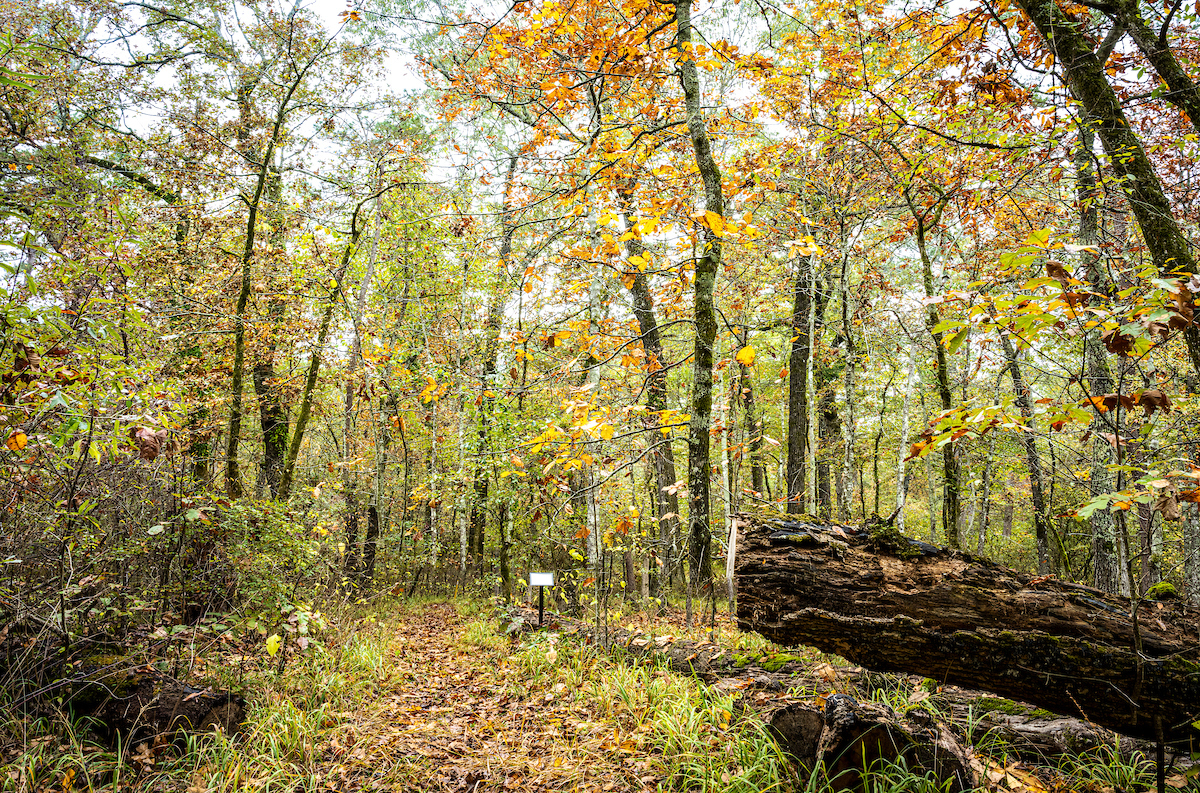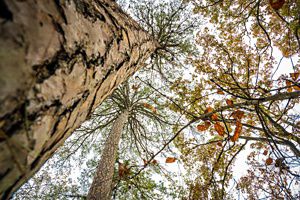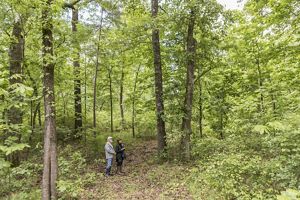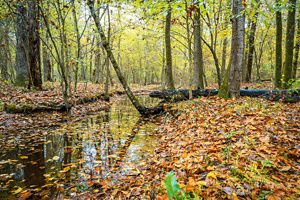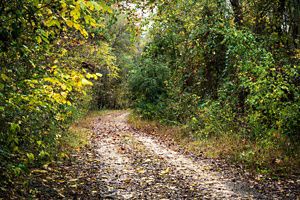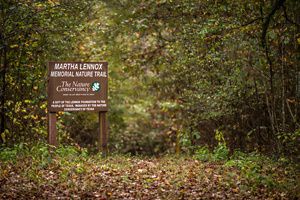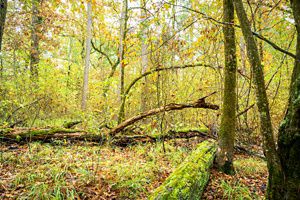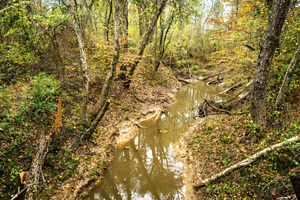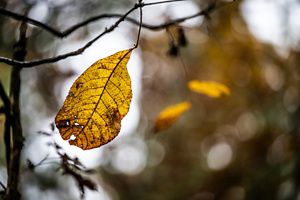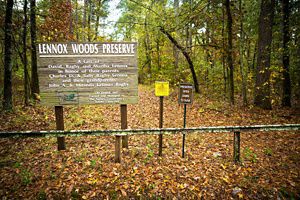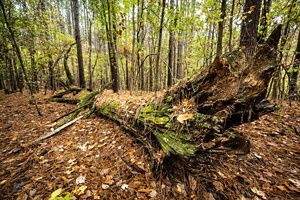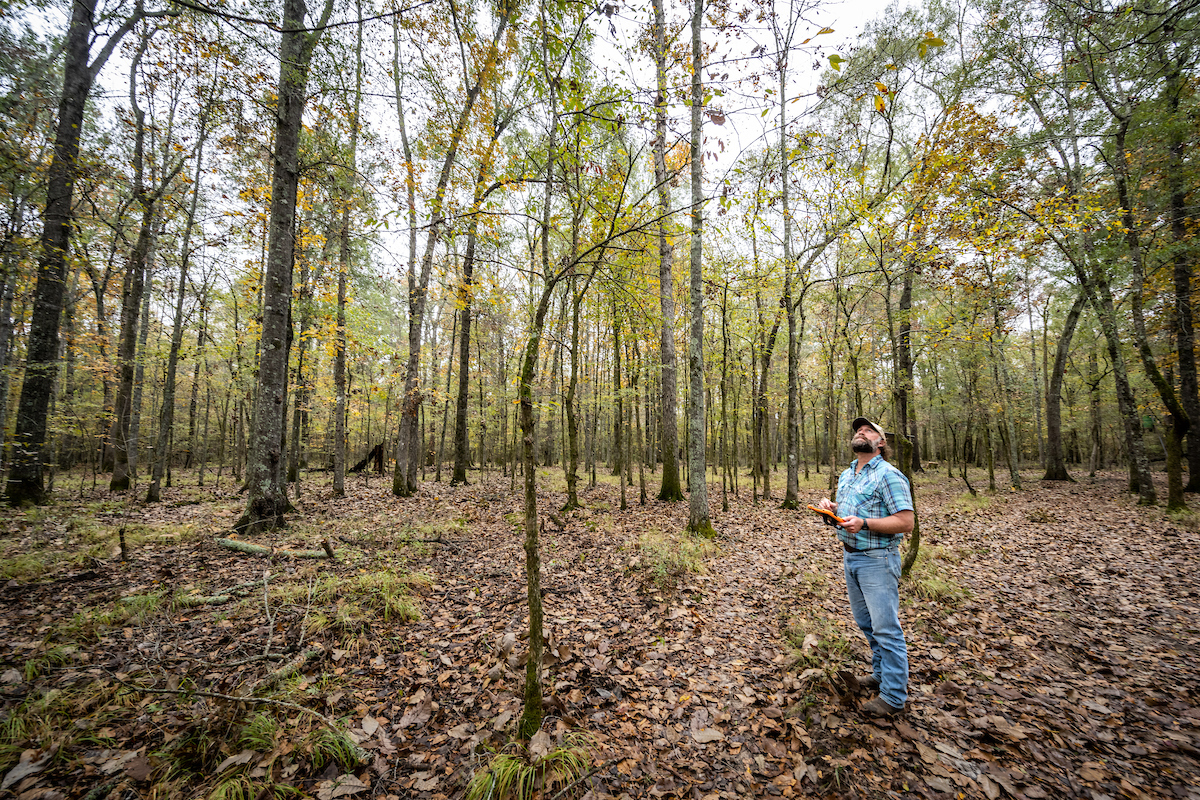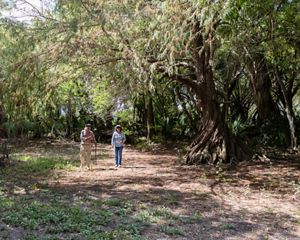Description
Located just northeast of Dallas, near Clarksville, lies Lennox Woods Preserve—home to some of the state's most beautiful and pristine old-growth forests. The preserve represents one of the few remaining examples of fully mature, virgin timber found in Texas. In fact, the Texas Forest Service aged one post oak on the preserve at over 300 years old and a loblolly pine at nearly 150 years old. Here, some tree trunks have been found to measure more than three feet in diameter.
The 1,335-acre preserve established by The Nature Conservancy (TNC) showcases a range of forest habitats. Its upland forest consists of mixed evergreen-deciduous trees dominated by shortleaf pine, white oak, loblolly pine, southern red oak, red maple and various hickories, while the bottomland hardwood forest is dominated by water oaks, willow oaks, bur oaks, overcup oaks, sweetgum and some hickory species.
The understory includes small trees and shrubs such as musclewood, dogwood, American beautyberry, mulberry and farkleberry. Perennial grasses and sedges are found in clumps along the ground. The mature forest provides habitat for red-headed and pileated woodpeckers, as well as wood warblers in the summer and flocks of Carolina chickadees, tufted titmice and nuthatches in late summer.

